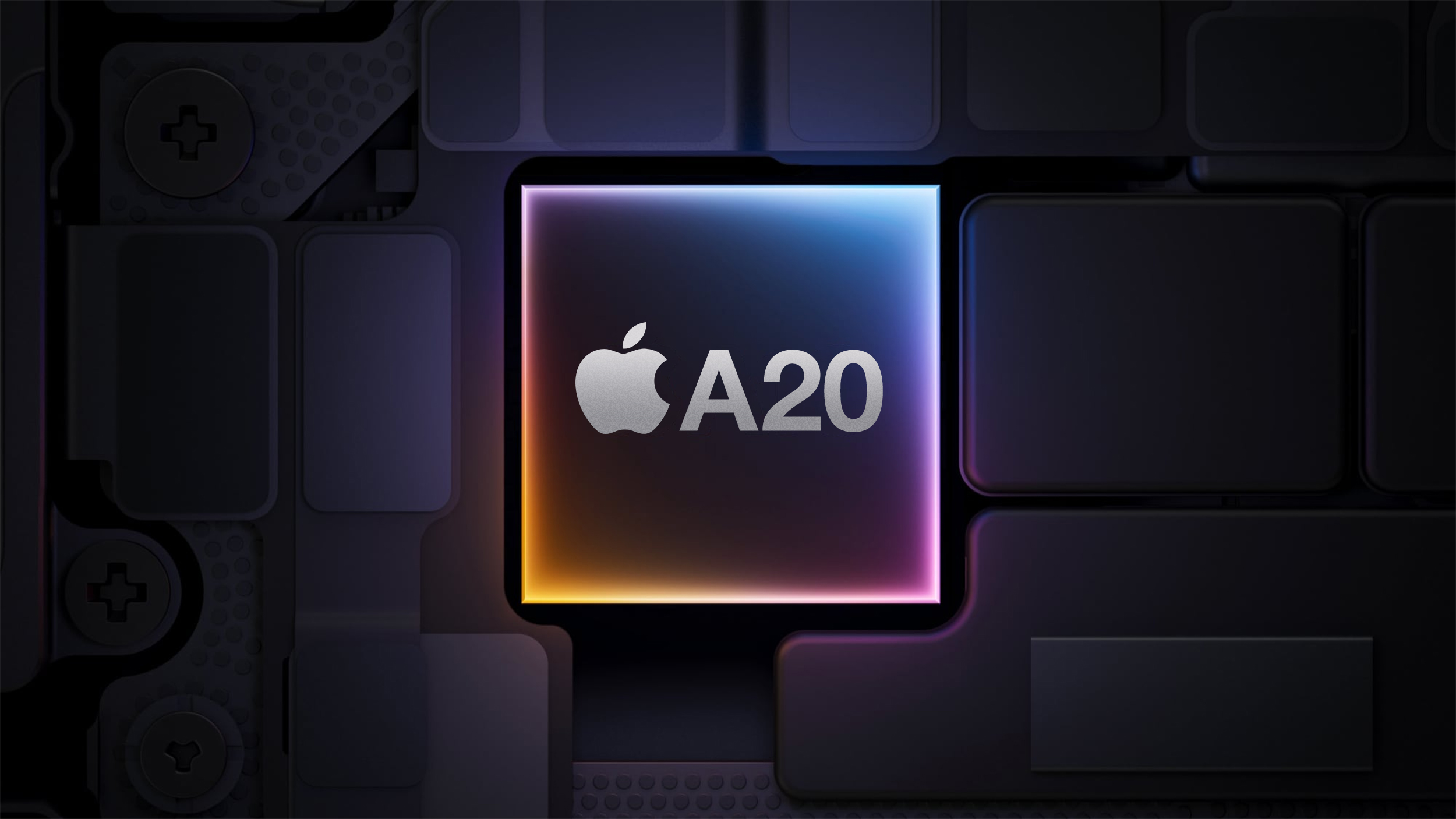
Apple's iPhone 18 models will adopt TSMC's 2nm manufacturing process for the next-generation A20 chip, which will bring substantial performance and power efficiency improvements to next year's iPhones, but it may also incur significantly more costs that Apple could pass onto the customer.

The latest corroboration that Apple will use TSMC's 2nm process in next year's iPhone models comes from Weibo-based leaker Digital Chat Station, who has sources in the Chinese supply chain. Industry analysts Ming-Chi Kuo and Jeff Pu have previously claimed as much, so it seems all but confirmed that Apple will adopt the more advanced silicon wafer technology.
In 2023, Apple adopted 3nm chips for its iPhones and Macs, an upgrade over the prior 5nm mode. The switch to 3nm technology brought 20 percent faster GPU speeds, 10 percent faster CPU speed, and a 2x faster Neural Engine to the iPhone, and similar improvements on Macs. The upcoming iPhone 17 series is expected to feature processors made using TSMC's N3P chip technology – an enhanced version of the 3nm process – but 2nm adoption in the iPhone 18 is expected to bring significantly more performance and efficiency gains.
The terms "3nm" and "2nm" describe generations of chip manufacturing technology, each with its own set of design rules and architecture. As these numbers decrease, they generally indicate smaller transistor sizes. Smaller transistors allow more to be packed onto a single chip, typically resulting in increased processing speed and improved power efficiency.
TSMC plans to start manufacturing 2nm chips in late 2025, and Apple is expected to be the first company to receive chips built on the new process. TSMC is building two new facilities to accommodate 2nm chip production, and working on approval for a third. TSMC generally builds new fabs when it needs to increase production capacity to handle significant orders for chips, and TSMC is expanding in a major way for 2nm technology.
However, with Apple expected to be the first major beneficiary of the new process, it is also likely to face significantly increased costs, which could see the iPhone 18 face another round of price hikes on top of possible price increases on this year's iPhone 17 models due to U.S. import tariffs. Apple scored a reprieve from the 145 percent tariff impacting goods imported from China and the 10 percent tariff on goods imported from other countries, but it doesn't sound like that's going to last.
U.S. President Donald Trump is currently working on new semiconductor levies that will likely impact all Apple devices. Trump earlier this week said that no one is "getting off the hook" and there "was no tariff exception." Apple and other tech companies are "just moving to a different tariff bucket," with the 20 percent "Fentanyl Tariffs" still in place, and additional tariffs coming.
Article Link: iPhone 18's Costly 2nm Process Adoption Could Lead to Price Hikes
Last edited:

